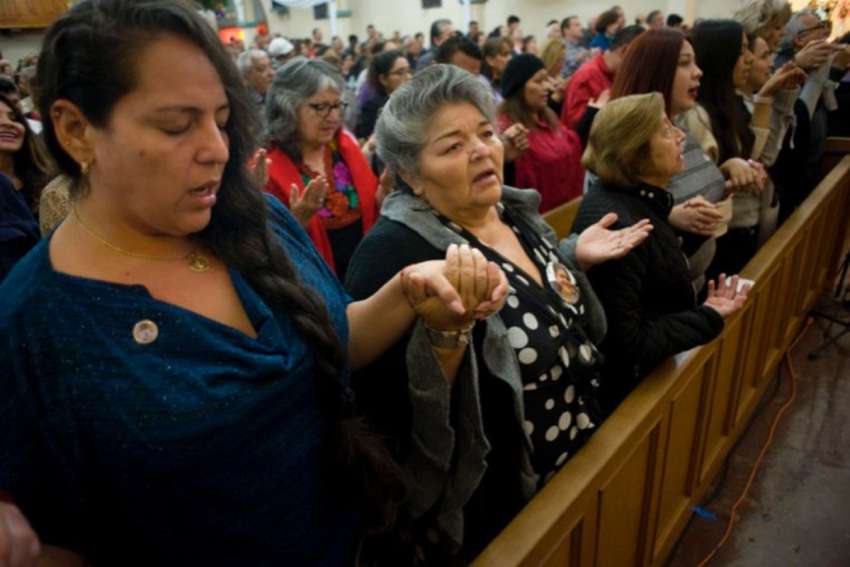Should your babble put others to silence…
- Job 11: 3
As a bilingual kid with a father who couldn’t speak English and a mother who couldn’t speak French, language always seemed to be a battleground. With parents always comically mangling each other’s language I often struggled in school to remember what was grammatically accurate versus what was commonly used at home. Franglais wasn’t in any dictionary I knew of.
While I survived on the streets, in school the teachers insisted on students learning the basics of the language we used — and that’s where the problems really started. Grammar may be all about the rules, but sometimes it seems as though those rules are only followed in the breach. And the English language is especially confusing. Arguably incomprehensible. Teachers said not to use contractions in our essays. “Don’t You Dare!” So I removed the contraction: “Do not you dare?” What?
In English class I was told, “i” before “e” except after “c.” That’s how I learned to spell receipt. At last! Rules that made sense. Until I went to science class! What? I memorized that rule eight times. So it’s “i” before “e” except after “c.” Unless it’s species, or sufficient.
The brilliant Finnish comedian, Leikola Ismo, often ruminates on the difficulty of the English language. He gives the example of how people tell you not to swear by yelling “Language!” as though that somehow explains things. This is too broad, he argues. It’s like seeing someone about to be hit by a bus and you yell out, “transportation!”
Or think about what he calls “stupid silent letters.” The word debt for example? Why is there a “b” in there? Do you pronounce the “b”? Without a doubt I could go out on a limb and write a column on removing silent letters, and I doubt people would get their knickers in a knot. Though I’m often wrong about this. Remove the “b”s and “k”s above and find out.
I don’t even want to tackle the difficulty that “-ough” caused me in those early days, summed up perhaps in a sentence like this one: “A rough, dough-faced, thoughtful ploughman walked through Scarborough, coughing and hiccoughing.” I’m sorry, what? Enough is enough….
So, we’re agreed: language is a beast. But it is also exquisitely beautiful. When mobilized to its fullest, the English language can move you, can help you lift above grief; it can help you rise above despair, loneliness, confusion. It can inspire you to find your better self, to turn to the angels who surround you, or to become a champion for our glorious world: “I have a dream.”
How do we come away unmoved from “for everything there is season and a time for every matter under Heaven: a time to be born and a time to die; a time to plant and a time to pluck up what is planted” (Ecclesiastes, 3: 1–2). Or the inspiring and moving lines from 2 Timothy: “I have fought the good fight, I have finished the race, I have kept the faith” (4: 7). Isaiah tells us, “But those who hope in the Lord will renew their strength. They will soar on wings like eagles; they will run and not grow weary, they will walk and not be faint” (40: 31). And in Romans we read, “neither death nor life, neither angels nor demons, neither the present nor the future, nor any powers, neither height nor depth, nor anything else in all creation, will be able to separate us from the love of God” (8: 38–39).
The language of faith has a special dimension that transforms the mundane into stirring anthems for hope, for mission and for life. Throughout the Bible we read of language being torn apart — the Lord confused the languages at Babel (Genesis 11: 9) — or brought together, as we read in Acts when the Holy Spirit lets everyone hear the words of the Apostles in their own tongue.
I heard someone say once that we are devolving as a human species. The argument is that we began with hieroglyphs, communicating only through pictures, then language evolved, becoming increasingly complex; and now we use pictures again: emojis. The truth is there is a lingua franca that can surpass all confusion: the language of faith and understanding, of compassion and care. The language of prayer speaks volumes. Surely that’s clear in any language.
(Turcotte is President and Vice-Chancellor at St. Mark’s and Corpus Christi College, University of British Columbia.)


